We are proud to announce the RSC Environmental Science Journals Symposium at NCEC 2019. The theme of this Symposia will be environmental chemistry & engineering, bringing together talks by several of the RSC Environmental Science journals’ Editorial Board members, leading researchers, and Emerging Investigators. The talks given at this Symposium will range from understanding the transport and fate processes of contaminants in water, air, soil, sediment and biota; to the development of innovative technologies to solve the environmental challenges caused by these processes. The Symposia will also cover interdisciplinary studies at the interface of environmental science with chemistry, geochemistry, biology and engineering.
RSC Environmental Science Journals Symposium
17 August 2019, Tianjin, China
We are proud to announce the RSC Environmental Science Journals Symposium at NCEC 2019. The theme of this Symposia will be environmental chemistry & engineering, bringing together talks by several of the RSC Environmental Science journals’ Editorial Board members, leading researchers, and Emerging Investigators. The talks given at this Symposium will range from understanding the transport and fate processes of contaminants in water, air, soil, sediment and biota; to the development of innovative technologies to solve the environmental challenges caused by these processes. The Symposia will also cover interdisciplinary studies at the interface of environmental science with chemistry, geochemistry, biology and engineering.
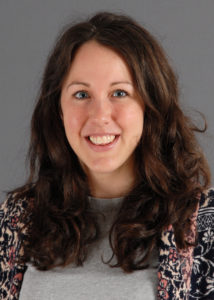 Laura Carter, University of Leeds, United Kingdom
Laura Carter, University of Leeds, United Kingdom
Laura Carter is a University Academic Fellow in Soil Science at the University of Leeds, UK. Laura's research focuses on understanding the fate and uptake of emerging contaminants in the natural environment, with particular focus on soil-plant systems.
Since completing her PhD at The University of York under supervision of Prof. Alistair Boxall, Laura has spent time as a Risk Assessor at Unilever's Safety and Environmental Assurance Centre (SEAC) and as a Postdoctoral Research Fellow at the Commonwealth Scientific Industrial Research Organisation (CSIRO) in Adelaide, Australia where she investigated the biological effects of pharmaceutical uptake into plants. Most recently, Laura has worked as a Postdoctoral Researcher at the University of York, UK where she contributed to the European iPiE project on the intelligent assessment of pharmaceuticals in the environment, developing soil sorption models and monitoring pharmaceuticals in river catchments.
Laura has presented her research at a number of international conferences, published her work in peer reviewed journals and co-authored a book chapter. Laura is also currently co-supervising a number of PhD projects investigating the fate, uptake and toxicity of pharmaceuticals in aquatic, sediment and terrestrial systems whilst taking on an active role in the SETAC Pharmaceutical Global Interest Group.
 Jingyun Fang , Sun Yat-Sen University, China
Jingyun Fang , Sun Yat-Sen University, China
Jingyun Fang is now an associate professor at the School of Environmental Science and Engineering at Sun Yat-sen University. She received B.S., M.S. and Ph.D. in Municipal Engineering from Harbin Institute University. She was a postdoctoral fellow, working with Prof. Chii Shang at the Hong Kong University of Science and Technology from 2010 to 2012. Her research focuses on advanced oxidation processes in water treatment: kinetics and mechanisms of degradation of micropollutants and formation of disinfection by-products.
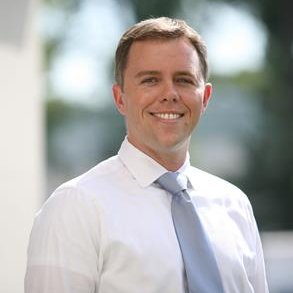 John Fortner, Yale University, United States
John Fortner, Yale University, United States
John Fortner's research is primarily focused on advancing water-related technologies and engineering novel material interfaces as they relate to critical environmental-based health, security, and energy challenges. He has extensively studied the environmental fate, reactivity, and applications (for example, novel water treatment membranes) of engineered carbon nanomaterials, including fullerenes, carbon nanotubes, and graphene-based materials. John Fortner joins Yale from the University of Washington in St. Louis, where he was the I-CARES Associate Professor of the Department of Energy, Environmental, and Chemical Engineering. In 2015, he was awarded the Sustainable Nanotechnology Organization Emerging Investigator Award for his excellent research in sustainable nanotechnology and his commitment to mentoring students of all levels. He earned his Ph.D. in Environmental Engineering from Rice University in 2007.
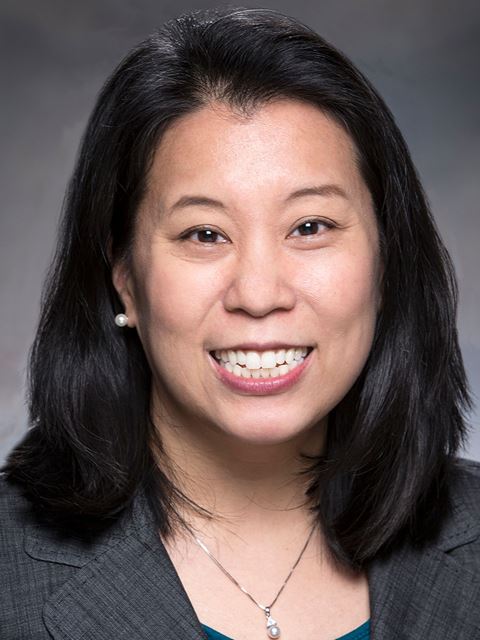 Heileen Hsu-Kim, Duke University, United States
Heileen Hsu-Kim, Duke University, United States
Heileen (Helen) Hsu-Kim is the Yoh Family Associate Professor of Environmental Engineering at Duke University. Her expertise areas include aquatic geochemistry, biogeochemistry of metal pollutants in the environment, and nanogeoscience. Ongoing research activities in Dr. Hsu-Kim’s group include studies on mercury biogeochemistry and remediation, mineral-microbe interactions, the disposal implications and reuse opportunities for coal ash, and the environmental impacts of nanotechnology.
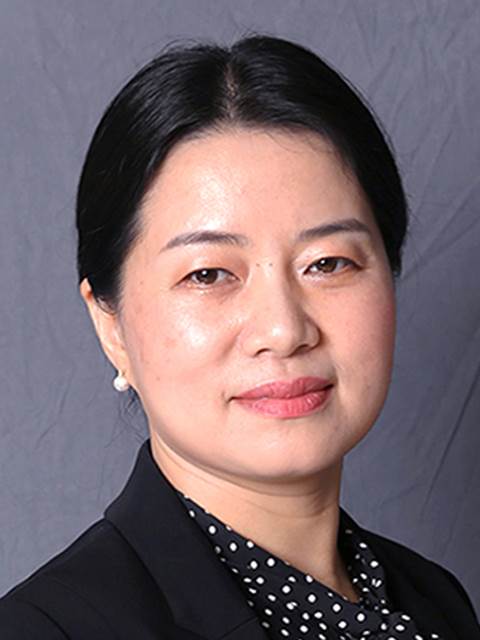 Zhang Lin, South China University of Technology, China
Zhang Lin, South China University of Technology, China
Dr. Zhang Lin is a Professor in School of Environment and Energy, South China University of Technology. She received the National Science Fund for Distinguished Young Scholars in 2011 and the award of Ten Thousand Talent Program of Leading Scientists, Engineers and Innovators in 2016. In 2017, she was selected as the Distinguished Professor of Changjiang Scholars Program of China for her outstanding achievements in environmental science. Prof. Lin earned her B.S. degree at Xiamen University, her M.S. degree at Fujian Institute of Research on the Structure of Matter, Chinese Academy of Sciences, and her doctorate at Institute of Chemistry, Chinese Academy of Sciences.
Prof. Lin’s research group focuses primarily on achieving the fully extraction and recycle of heavy metal resources based on the microscopic occurrence state of the industrial heavy metal solid waste, via fast crystal growth manipulation. Her current research interests include recycling and concentrating of heavy metal from industrial sludges via controlling the crystal growth, microbial mineralization of heavy metal, adsorption technologies for water treatment and resources reuse, and photoreduction of CO2 via metal-organic frameworks.
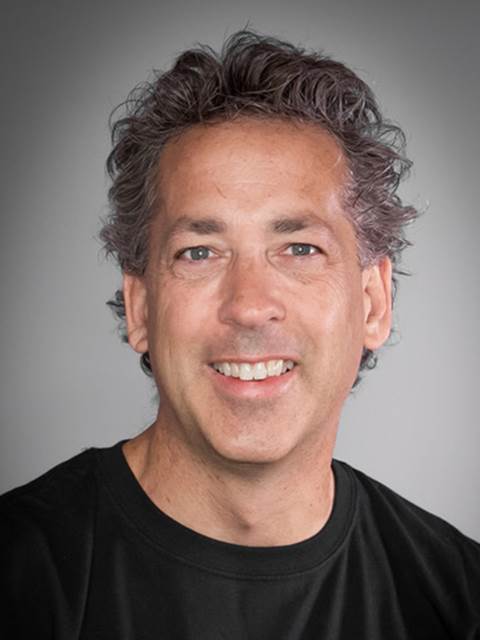 Greg Lowry, Carnegie Mellon University, United States
Greg Lowry, Carnegie Mellon University, United States
Dr Gregory Lowry is a Professor in the Department of Civil and Environmental Engineering at Carnegie Mellon University. Prior to this, he carried out his PhD and post-doctoral research at Stanford University until 2001. His research interests include mineral-organic macromolecule-water interfacial processes, and transport and reaction in porous media, with a focus on the fundamental physical/geochemical processes affecting the fate of engineered nanomaterials and organic contaminants in the environment. He is also investigating the processes affecting the permanence of CO2 injected underground for carbon sequestration. He is an experimentalist working on a variety of fundamental and application-oriented research projects developing novel environmental technologies for restoring contaminated sediments and groundwater. His current projects include in situ sediment management using innovative sediment caps and DNAPL source zone remediation through delivery of reactive nanoparticles to the NAPL-water interface. He is currently the Deputy Director of the Center for Environmental Implications of NanoTechnology (CEINT).
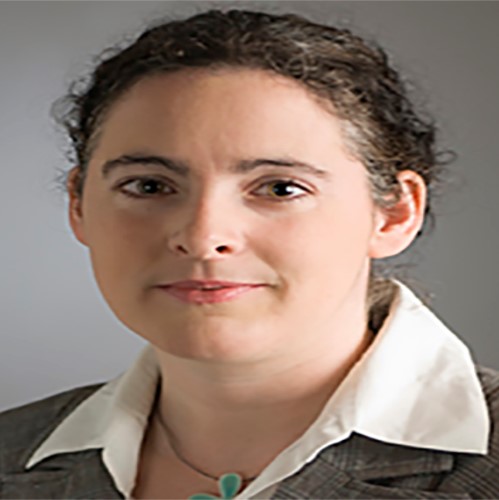 Iseult Lynch, University of Birmingham, United Kingdom
Iseult Lynch, University of Birmingham, United Kingdom
Iseult Lynch is a physical chemist specialising in understanding the interface between engineered nanomaterials and the environment (biotic and abiotic components) and how this determines their ultimate fate and behaviour. She has been actively involved in research to elucidate the mechanisms involved in potential toxicity of nanomaterials, including being centrally involved in the pioneering studies regarding the nanoparticle-protein corona, for which she received the US National Academy of Sciences Cozzarelli Prize for 2007 (with her co-authors). She is now applying these concepts to assessing nanomaterial behaviour in more complex environments and whole organisms, looking for example at the role of secreted proteins and polysaccharides as well as dissolved organic matter in determining nanomaterials environmental fate, transformation and biouptake. Her expertise spans nanomaterials synthesis, characterization and environmental interactions (biomolecules, cells, organisms).
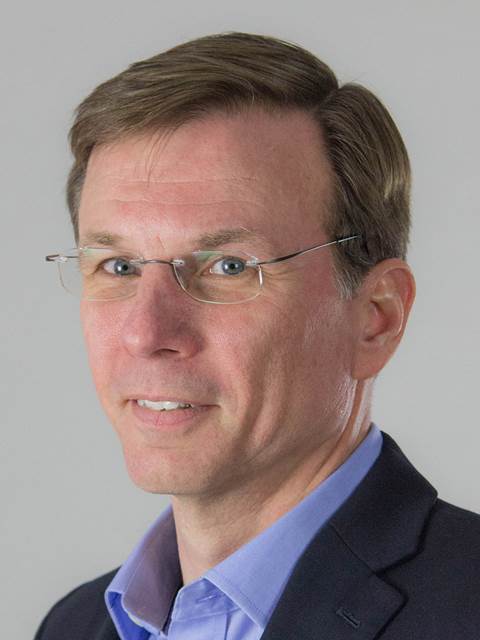 Joel Pedersen, University of Wisconsin-Madison, United Kingdom
Joel Pedersen, University of Wisconsin-Madison, United Kingdom
Dr. Joel A. Pedersen is a Professor at the University of Wisconsin – Madison holding appointments in the Departments of Soil Science, Civil & Environmental Engineering, and Chemistry. He is a core faculty member in two interdepartmental programs: Environmental Chemistry & Technology and Molecular & Environmental Toxicology. He serves as a Research Theme Leader in the NSF-funded Center for Sustainable Nanotechnology. Prof. Pedersen earned his B.S. degree (magna cum laude) at University of California Irvine, his M.S. degree at California Institute of Technology, and his doctorate at University of California Los Angeles. The Pedersen research group focuses primarily on environmental interfacial chemistry, emphasizing investigation of interfacial processes affecting the behavior of nanoparticles, biomacromolecules, and organic microcontaminants in natural and engineered environments. Current research interests include molecular-scale interactions of engineered nanoparticles with biomolecules, processes influencing the fate of pharmaceutically active compounds in aquatic and terrestrial environments, the development of advanced treatment processes, and the environmental transmission of prion diseases. Prof. Pedersen received the National Science Foundation’s CAREER award and was named the William A. Rothermel–Bascom Professor at University of Wisconsin – Madison.
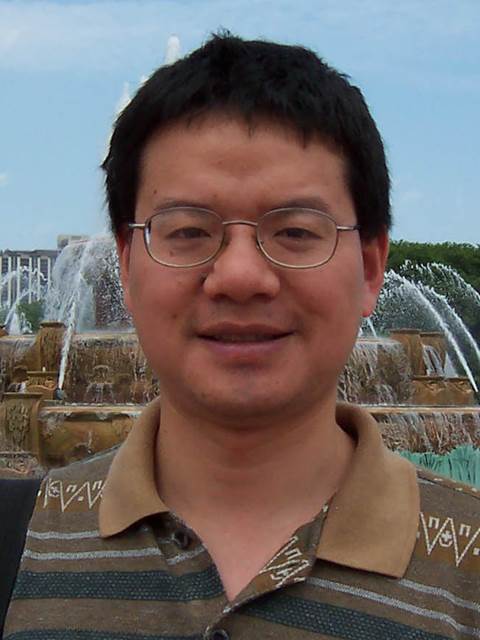 Weiguo Song, Institute of Chemistry, CAS, China
Weiguo Song, Institute of Chemistry, CAS, China
Dr. Wei-Guo Song is a Professor in the Institute of Chemistry at the Chinese Academy of Sciences (ICCAS). He is also a Professor at the University of Chinese Academy of Sciences. He obtained his BSc. from Peking University in 1992, and his PhD from University of Southern California in 2001. He joined ICCAS in 2005, and received National Distinguished Young Scholar award in 2007.
His research group focuses on the design of nano porous materials and their properties. More specifically, he is interested in using nano porous materials as adsorbents for inorganic pollutants, and as heterogeneous catalysts for catalytic degradation of organic pollutants. He is also interested in developing high performance catalysts including noble metal catalysts, solid acid/base catalysts, non-metal catalysts, etc. for fine chemical and pharmaceutical industries.
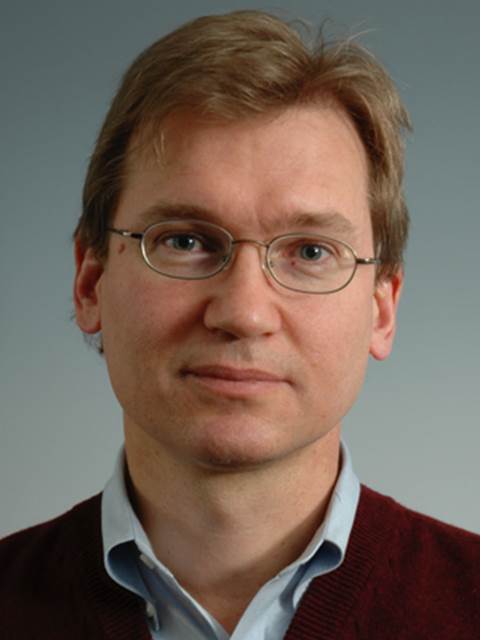 Paul Tratnyek, Oregon Health & Science University, United States
Paul Tratnyek, Oregon Health & Science University, United States
Dr. Paul G. Tratnyek is currently Professor, and Associate Head, in the Division of Environmental and Biomolecular Systems (EBS) and Institute of Environmental Health (IEH), at the Oregon Health & Science University (OHSU).
He received his Ph.D. in Applied Chemistry from the Colorado School of Mines (CSM) in 1987; served as a National Research Council Postdoctoral Fellow at the U.S. Environmental Protection Agency Laboratory in Athens, GA (ERD-Athens), during 1988; and as a Research Associate at the Swiss Federal Institute for Water Resources and Water Pollution Control (EAWAG) from 1989 to 1991.
His research concerns the physico-chemical processes that control the fate and effects of environmental substances, including minerals, metals (for remediation), organics (as contaminants), and nanoparticles (for remediation, as contaminants, and in biomedical applications).
Dr. Tratnyek is best known for his work on the degradation of groundwater contaminants with zero-valent metals, but his interests extend to all aspects of contaminant reduction and oxidation (redox) in all aquatic media. Some of his recent work emphasizes the fate/remediation of emerging contaminants (e.g., nanoparticles and 1,2,3-trichloropropane).
 Peter Vikesland, Virginia Tech, United States
Peter Vikesland, Virginia Tech, United States
Peter is a Professor of Civil and Environmental Engineering at Virginia Tech. His research interests include nanomaterials in the environment and improved sensors for drinking water. His research on the environmental implications of nanotechnology examines the effects of solution chemistry on the aggregation and dissolution of environmentally relevant nanoparticles. Peter is the co-director of the Virginia Tech Sustainable Nanotechnology Center (VTSuN) and the director of the Virginia Tech Sustainable Nanotechnology Interdisciplinary Graduate Education Program.
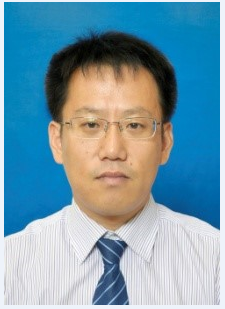 Xianzhang Yuan, Shandong University, China
Xianzhang Yuan, Shandong University, China
Xian-Zheng Yuan is a professor of environmental engineering in the School of Environmental Science & Engineering at Shandong University. He received his PhD from Qingdao Institute of BioEnergy & Bioprocess Technology (QIBEBT), Chinese Academy of Sciences (CAS), MS from Research Center for Eco-Environmental Science, CAS, and BS from Shandong University. Before joining Shandong University, he worked in QIBEBT, CAS. His research group focus on anaerobic technology (e.g., chemical and molecular insights for emerging pollutants biodegradation) and environmental nanotechnology (e.g., micro- and nano-plastics in aquatic and terrestrial ecosystems).
Nankai University, No 94, Weijin Road, Nankai District, Tianjin, 300071, China








